Rejoicing is the theme of today’s readings on this Gaudete Sunday. We are filled with joy, because the Lord is coming and is almost here! “God is the joy of my soul,” the prophet Isaiah says in the first reading. He truly is my joy, my God, my all.
I have joy because I know what is to come. My Savior, Jesus Christ, will soon be born again. Joy beams in the broad smile that instantly bursts onto my face when I see a friend or family member. I feel joy hearing a child giggle or an adult unexpectedly laugh out loud. I rejoice knowing that the love of the Lord is really present in my life and in the world.
Being human, there are many times that I forget that joy. The words proclaimed in the first reading remind me to make my ways straight, to prepare for His presence in the world and most importantly, in my life. I need to be intimately aware of this Companion on my journey during the highs and lows and turns and twists of life, the gift of Christ Jesus and the Holy Spirit.
The “O Antiphons”, which begin annually on the 17th of December, are seven ancient refrains that proclaim titles of the Messiah going back to the 4th century. They are sung or prayed during evening prayer before the Magnificat during the days leading up to Christmas Eve. Each speaks about the coming of the Messiah from prophets of the Old Testament.
“O Wisdom” is today’s refrain before the Gospel. “O Wisdom of our God Most High, guiding creation with power and love: come to teach us the path of knowledge!” I have joy in the wisdom and knowledge of what is to come: my Savior, Jesus Christ. I am aware of the joy of anticipation of a birth or new beginning. It is the gift of metanoia, a change of heart to begin anew with the graces given to me through His humble birth to Mary.
May my soul rejoice in my Lord and Savior! May I be granted a metanoia of heart and spirit to grow in wisdom and knowledge that leads me closer to the glory and wonder of God. Amen!
El regocijo es el tema de las lecturas de hoy en este Domingo de Gaudete. ¡Estamos llenos de alegría, porque el Señor viene y ya casi está aquí! “Me alegro en el Señor con toda el alma”, dice el profeta Isaías en la primera lectura. Él es verdaderamente mi alegría, mi Dios, mi todo.
Tengo alegría porque sé lo que está por venir. Mi Salvador, Jesucristo, pronto nacerá de nuevo. La alegría brilla en la amplia sonrisa que aparece instantáneamente en mi rostro cuando veo a un amigo o un familiar. Siento alegría al escuchar a un niño reírse o a un adulto inesperadamente reír a carcajadas. Me regocijo sabiendo que el amor del Señor está realmente presente en mi vida y en el mundo.
Siendo ser humano, muchas veces me olvido de esa alegría. Las palabras proclamadas en la primera lectura me recuerdan que debo enderezar mis caminos, prepararme para Su presencia en el mundo y, lo más importante, en mi vida. Debo estar íntimamente consciente de este Compañero en mi viaje durante los altibajos y los giros y vueltas de la vida, el don de Cristo Jesús y el Espíritu Santo.
Las “O Antífonas”, que comienzan anualmente el 17 de diciembre, son siete antiguos estribillos que proclaman títulos del Mesías desde el siglo IV. Se cantan o rezan durante la oración de la tarde ante el Magníficat durante los días previos a la Nochebuena. Cada uno habla de la venida del Mesías de los profetas del Antiguo Testamento.
“Oh Sabiduría” es el estribillo de hoy antes del Evangelio. “¡Oh Sabiduría de nuestro Dios Altísimo, que guías la creación con poder y amor: ven a enseñarnos el camino del conocimiento!” Tengo gozo en la sabiduría y el conocimiento de lo que está por venir: mi Salvador, Jesucristo. Soy consciente de la alegría de la anticipación de un nacimiento o un nuevo comienzo. Es el don de la metanoia, un cambio de corazón para comenzar de nuevo con las gracias que me fueron dadas a través de Su humilde nacimiento a María.
¡Que mi alma se regocije en mi Señor y Salvador! Que se me conceda una metanoia de corazón y espíritu para crecer en sabiduría y conocimiento que me acerque a la gloria y la maravilla de Dios. ¡Amén!
 Beth Price is part of the customer care team at Diocesan. She is a Secular Franciscan (OFS) and a practicing spiritual director. Beth shares smiles, prayers, laughter, a listening ear and her heart with all of creation. Reach her here bprice@diocesan.com.
Beth Price is part of the customer care team at Diocesan. She is a Secular Franciscan (OFS) and a practicing spiritual director. Beth shares smiles, prayers, laughter, a listening ear and her heart with all of creation. Reach her here bprice@diocesan.com.
Feature Image Credit: Robert Thiemann, unsplash.com/photos/pCNOYJmSrn4

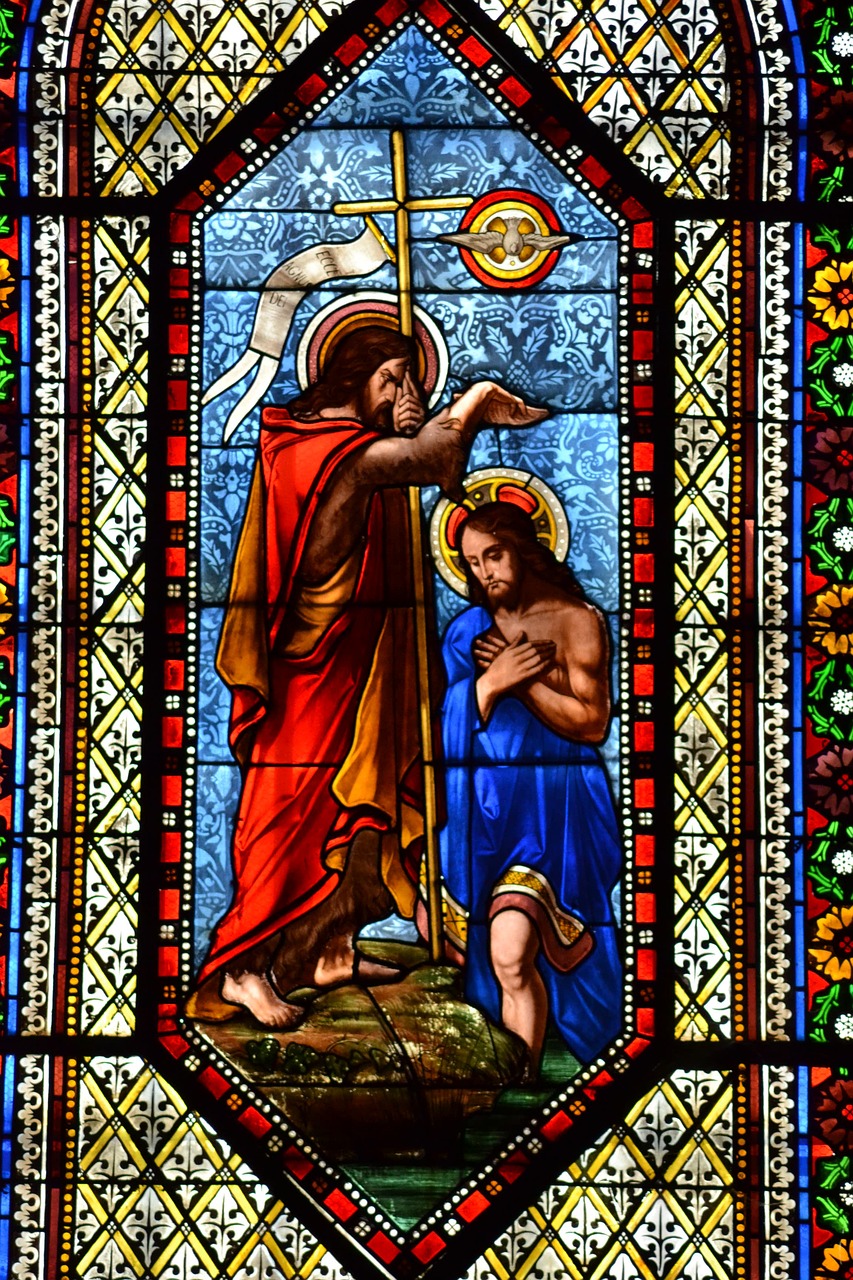
 Kathryn Mulderink, MA, is married to Robert, Station Manager for Holy Family Radio. Together they have seven children (including Father Rob), and seven grandchildren. She is President of the local community of Secular Discalced Carmelites and has published five books and many articles. Over the last 30 years, she has worked as a teacher, headmistress, catechist, Pastoral Associate, and DRE, and as a writer and voice talent for Catholic Radio. Currently, she serves the Church by writing and speaking, and by collaborating with various parishes and to lead others to encounter Christ and engage their faith. Her website is
Kathryn Mulderink, MA, is married to Robert, Station Manager for Holy Family Radio. Together they have seven children (including Father Rob), and seven grandchildren. She is President of the local community of Secular Discalced Carmelites and has published five books and many articles. Over the last 30 years, she has worked as a teacher, headmistress, catechist, Pastoral Associate, and DRE, and as a writer and voice talent for Catholic Radio. Currently, she serves the Church by writing and speaking, and by collaborating with various parishes and to lead others to encounter Christ and engage their faith. Her website is 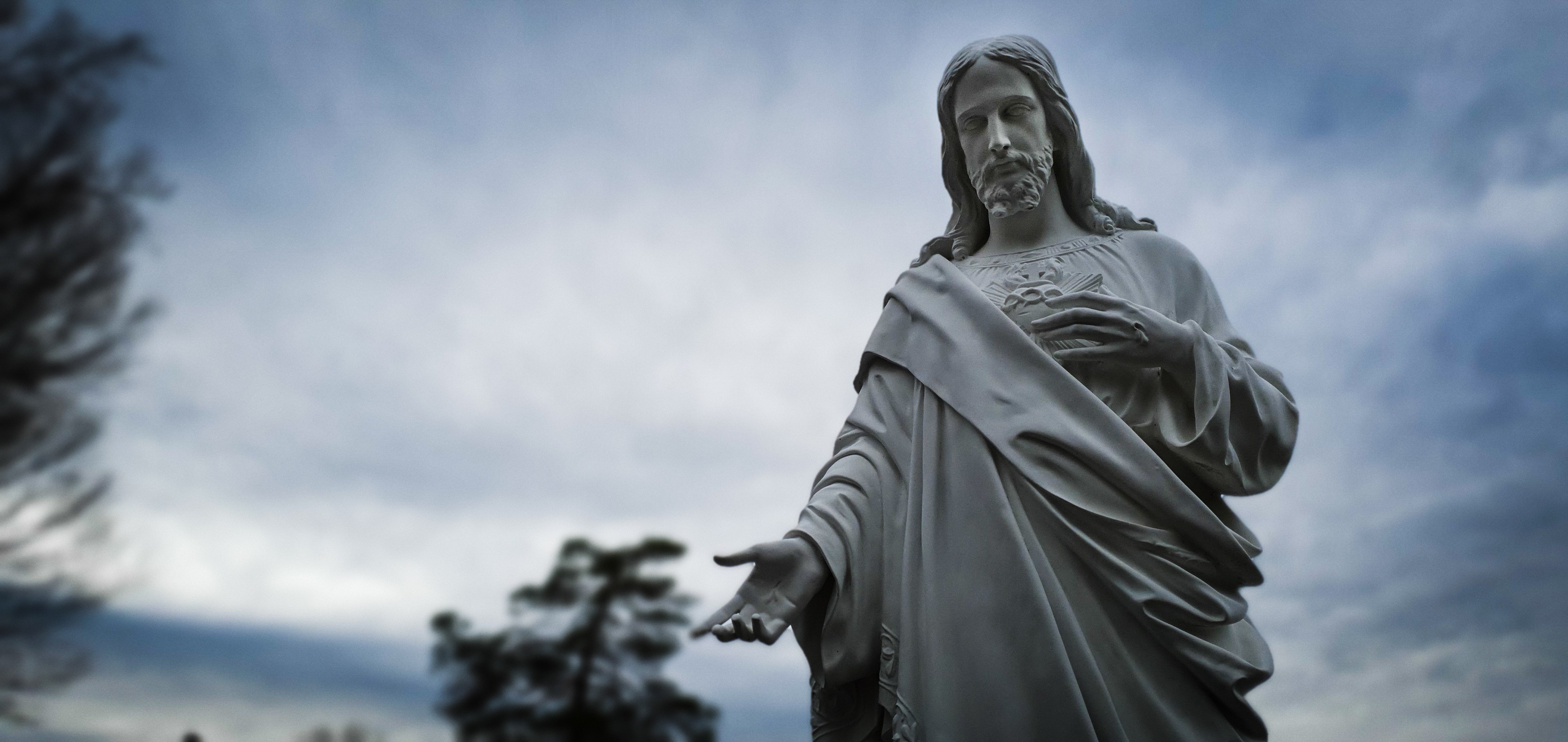
 Susan Ciancio has a BA in psychology and a BA in sociology from the University of Notre Dame, with an MA in liberal studies from Indiana University. For the past 19 years, she has worked as a professional editor and writer, editing both fiction and nonfiction books, magazine articles, blogs, educational lessons, professional materials and website content. Thirteen of those years have been in the pro-life sector. Currently Susan freelances and writes weekly for HLI, edits for American Life League, and is the executive editor of Celebrate Life Magazine. She also serves as executive editor for the Culture of Life Studies Program—an educational nonprofit program for K-12 students. You can reach her at
Susan Ciancio has a BA in psychology and a BA in sociology from the University of Notre Dame, with an MA in liberal studies from Indiana University. For the past 19 years, she has worked as a professional editor and writer, editing both fiction and nonfiction books, magazine articles, blogs, educational lessons, professional materials and website content. Thirteen of those years have been in the pro-life sector. Currently Susan freelances and writes weekly for HLI, edits for American Life League, and is the executive editor of Celebrate Life Magazine. She also serves as executive editor for the Culture of Life Studies Program—an educational nonprofit program for K-12 students. You can reach her at 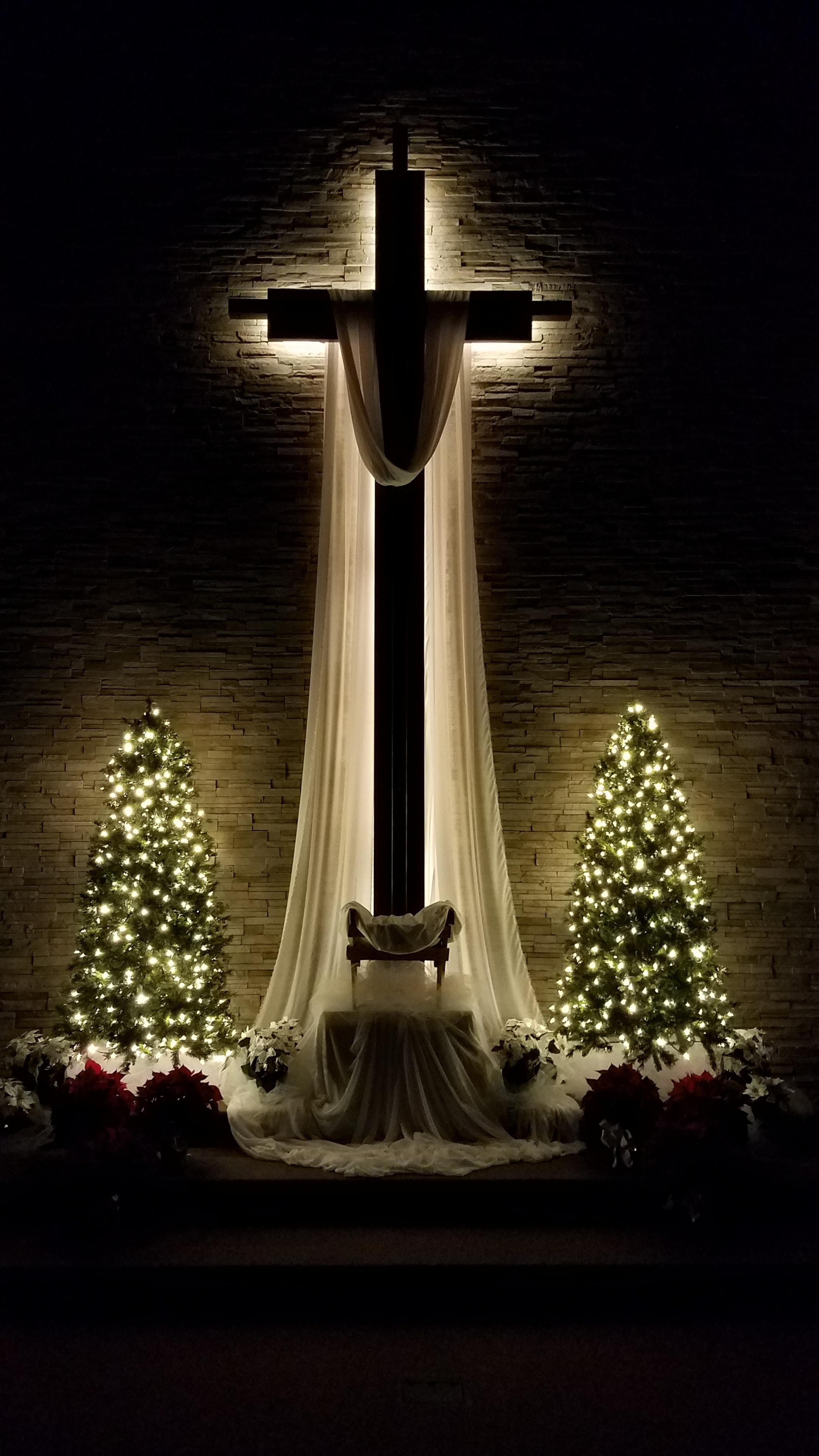
 Tami Urcia grew up in Western Michigan, a middle child in a large Catholic family. She spent early young adulthood as a missionary in Mexico, studying theology and philosophy, then worked and traveled extensively before finishing her Bachelor’s Degree in Western Kentucky. She loves tackling projects, finding fun ways to keep her little ones occupied, quiet conversation with the hubby and finding unique ways to love. She works full time, is a guest blogger on
Tami Urcia grew up in Western Michigan, a middle child in a large Catholic family. She spent early young adulthood as a missionary in Mexico, studying theology and philosophy, then worked and traveled extensively before finishing her Bachelor’s Degree in Western Kentucky. She loves tackling projects, finding fun ways to keep her little ones occupied, quiet conversation with the hubby and finding unique ways to love. She works full time, is a guest blogger on 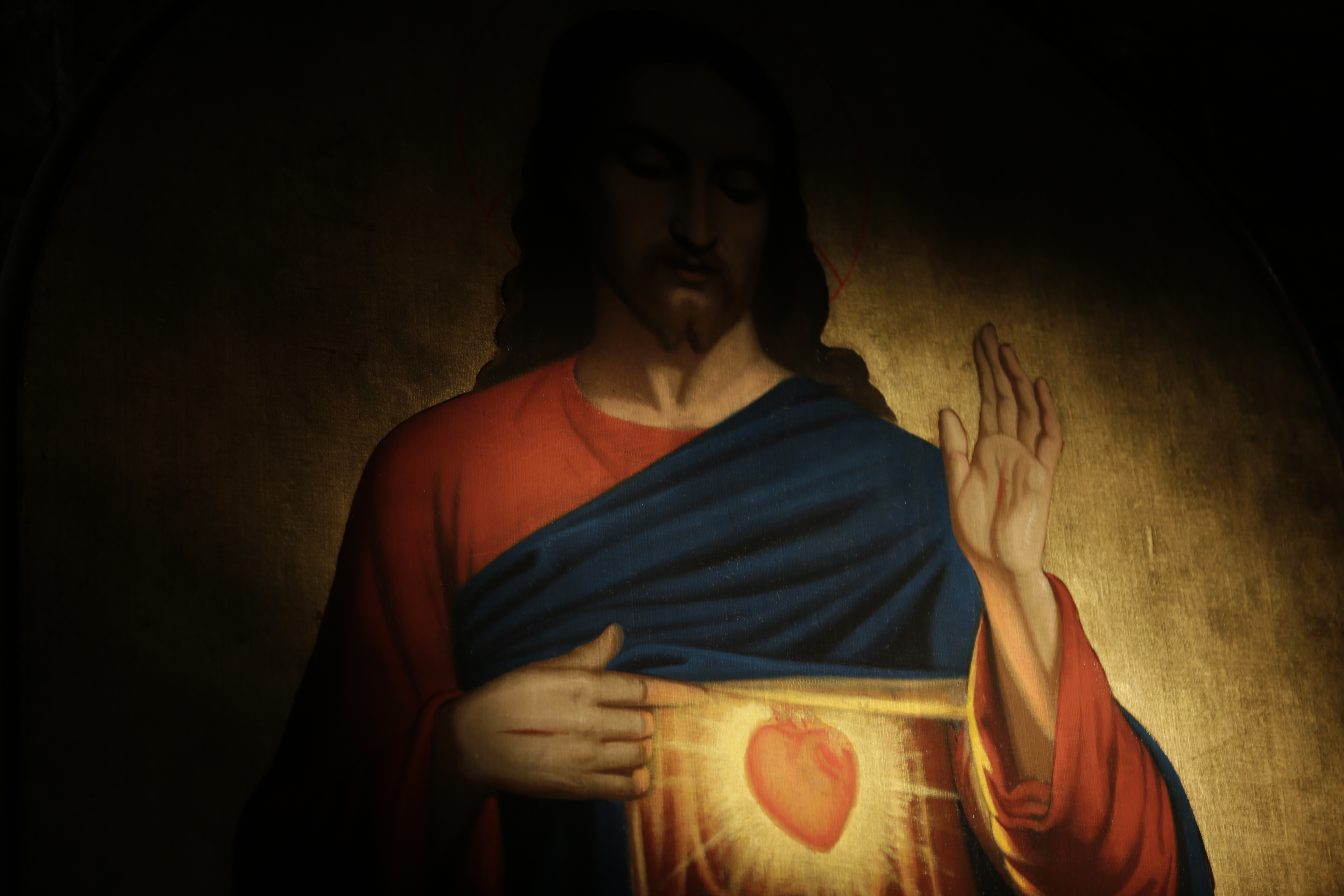
 Emily Jaminet is a Catholic author, speaker, radio personality, wife, and mother of seven children. She earned a bachelor’s degree in mental health and human services from the Franciscan University of Steubenville. She is the co-founder of
Emily Jaminet is a Catholic author, speaker, radio personality, wife, and mother of seven children. She earned a bachelor’s degree in mental health and human services from the Franciscan University of Steubenville. She is the co-founder of 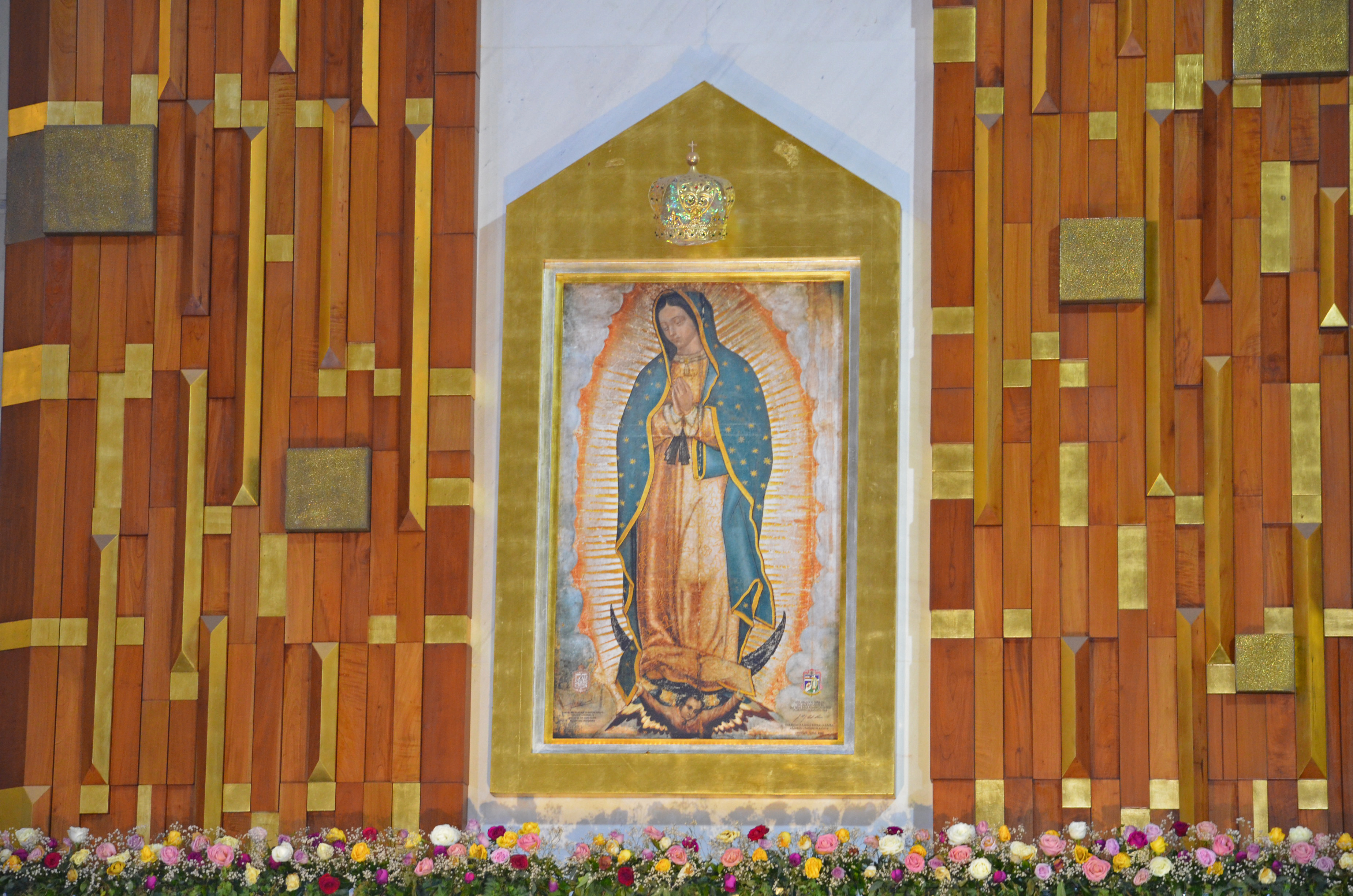


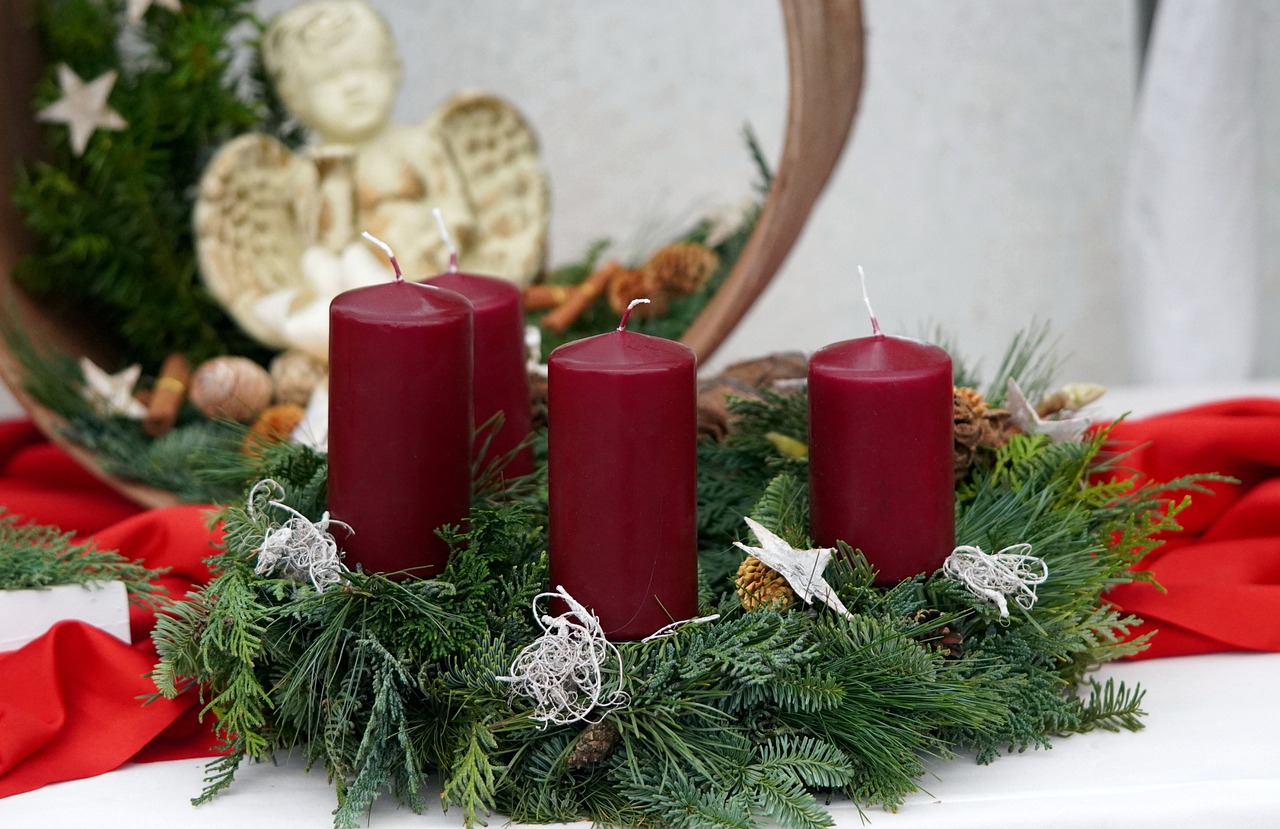
 Elizabeth Tomlin is the author of Joyful Momentum: Building and Sustaining Vibrant Women’s Groups and contributing author to the Ave Prayer Book for Catholic Mothers. She is General Counsel for the Archdiocese for the Military Services, USA. Elizabeth is an Army wife and mother of three and currently lives in the DC area. She blogs at
Elizabeth Tomlin is the author of Joyful Momentum: Building and Sustaining Vibrant Women’s Groups and contributing author to the Ave Prayer Book for Catholic Mothers. She is General Counsel for the Archdiocese for the Military Services, USA. Elizabeth is an Army wife and mother of three and currently lives in the DC area. She blogs at 
 Sheryl is happy to be the number 1 cheerleader and supporter for her husband, Tom who is a candidate for the Permanent Diaconate in the Diocese of Kalamazoo. They are so grateful for the opportunity to grow together in this process. Sheryl’s day job is serving her community as the principal for St. Therese Catholic School in Wayland, Michigan. Since every time she thinks she gets life all figured out, she realizes just how far she has to go, St. Rita of Cascia is her go-to Saint for intercession and help. Home includes Carlyn, a very, very goofy Golden Retriever and Lucy, our not-so-little rescue puppy.
Sheryl is happy to be the number 1 cheerleader and supporter for her husband, Tom who is a candidate for the Permanent Diaconate in the Diocese of Kalamazoo. They are so grateful for the opportunity to grow together in this process. Sheryl’s day job is serving her community as the principal for St. Therese Catholic School in Wayland, Michigan. Since every time she thinks she gets life all figured out, she realizes just how far she has to go, St. Rita of Cascia is her go-to Saint for intercession and help. Home includes Carlyn, a very, very goofy Golden Retriever and Lucy, our not-so-little rescue puppy. 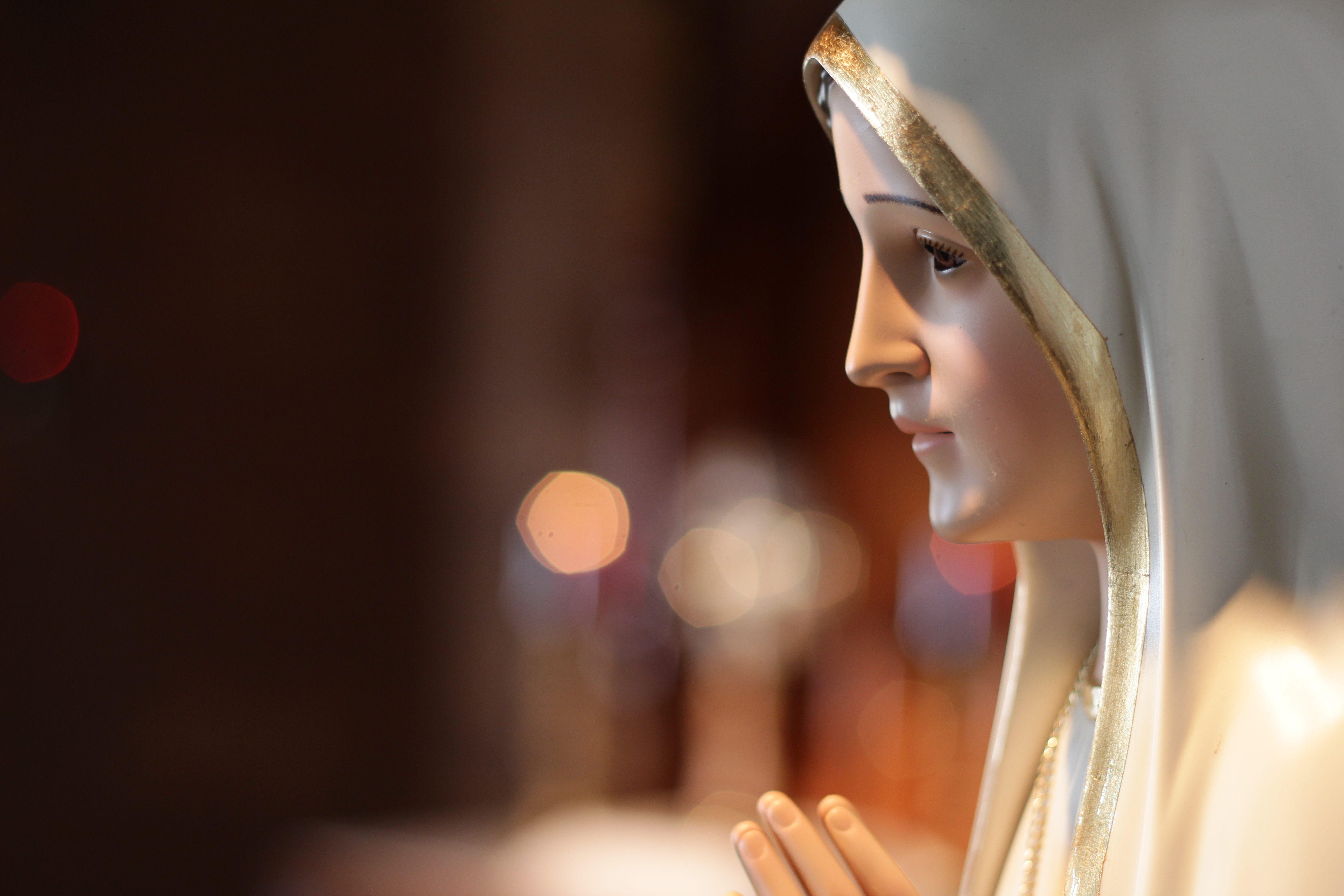

 David Dashiell is a freelance author and editor in Nashville, Tennessee. He has a master’s degree in theology from Franciscan University, and is the editor of the anthology
David Dashiell is a freelance author and editor in Nashville, Tennessee. He has a master’s degree in theology from Franciscan University, and is the editor of the anthology 
 Kate Taliaferro is an Air Force wife and mother. She is blessed to be able to homeschool, bake bread and fold endless piles of laundry. When not planning a school day, writing a blog post or cooking pasta, Kate can be found curled up with a book or working with some kind of fiber craft. Kate blogs at
Kate Taliaferro is an Air Force wife and mother. She is blessed to be able to homeschool, bake bread and fold endless piles of laundry. When not planning a school day, writing a blog post or cooking pasta, Kate can be found curled up with a book or working with some kind of fiber craft. Kate blogs at 